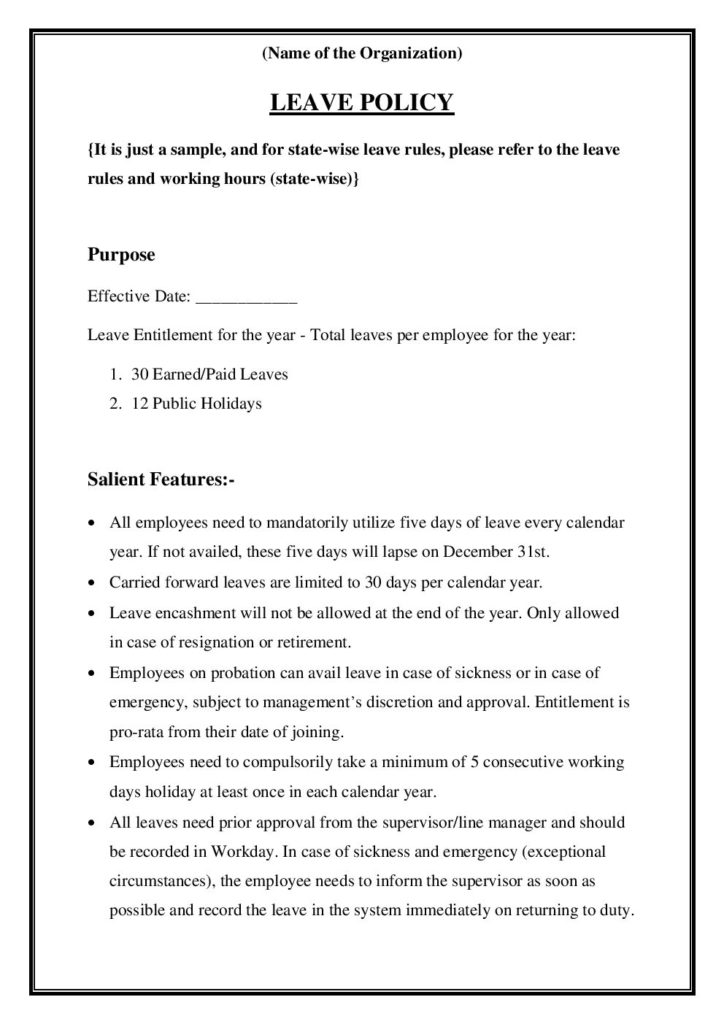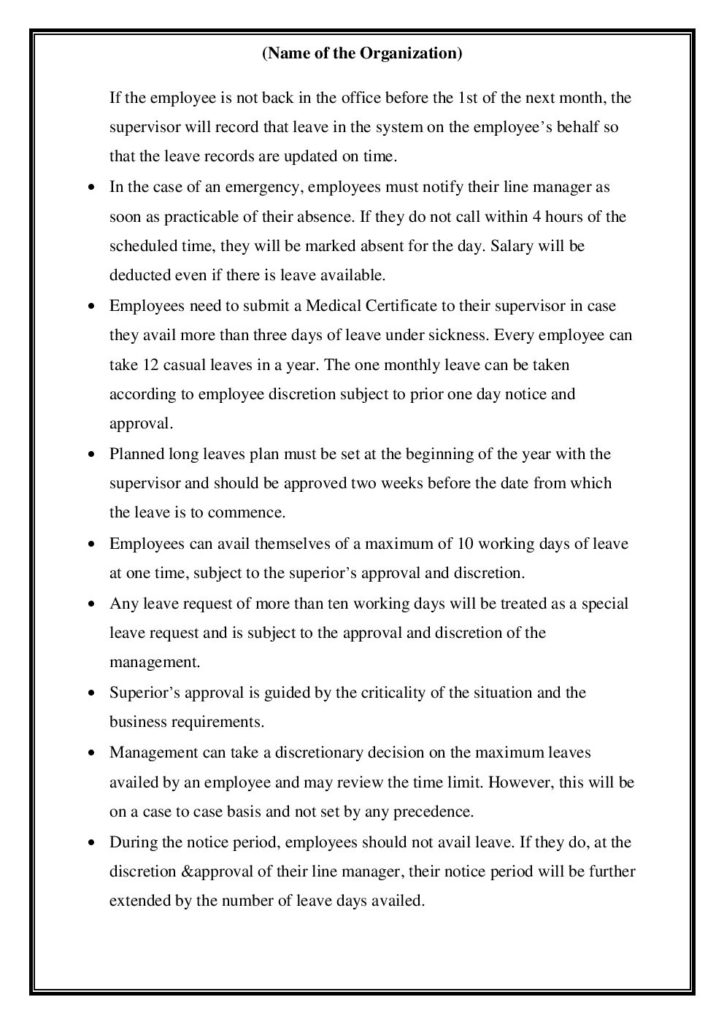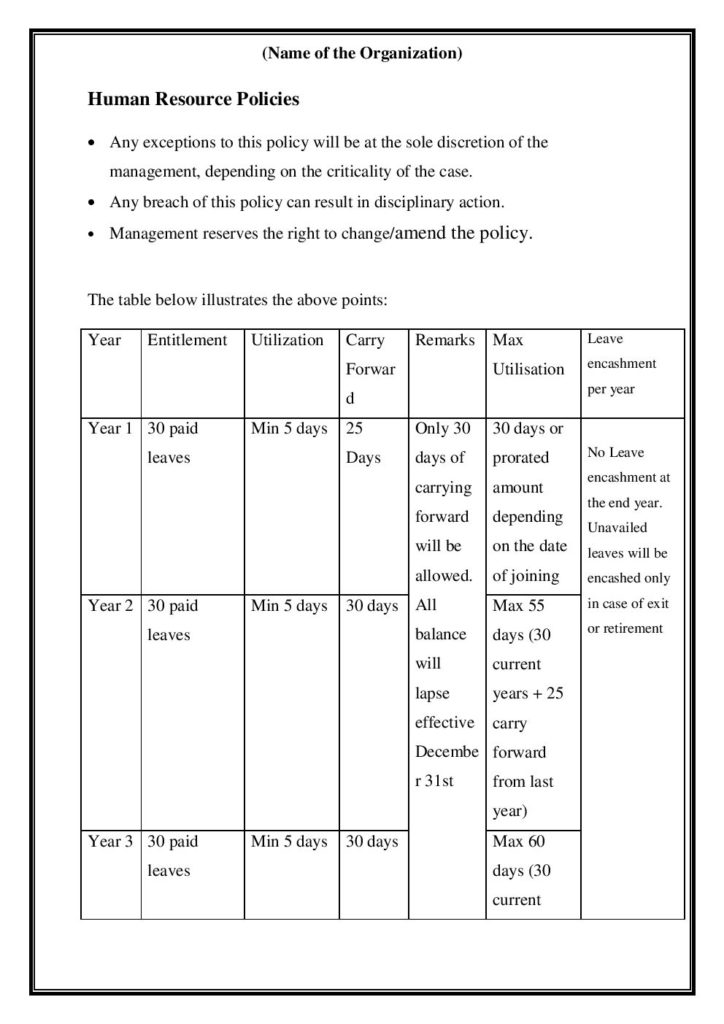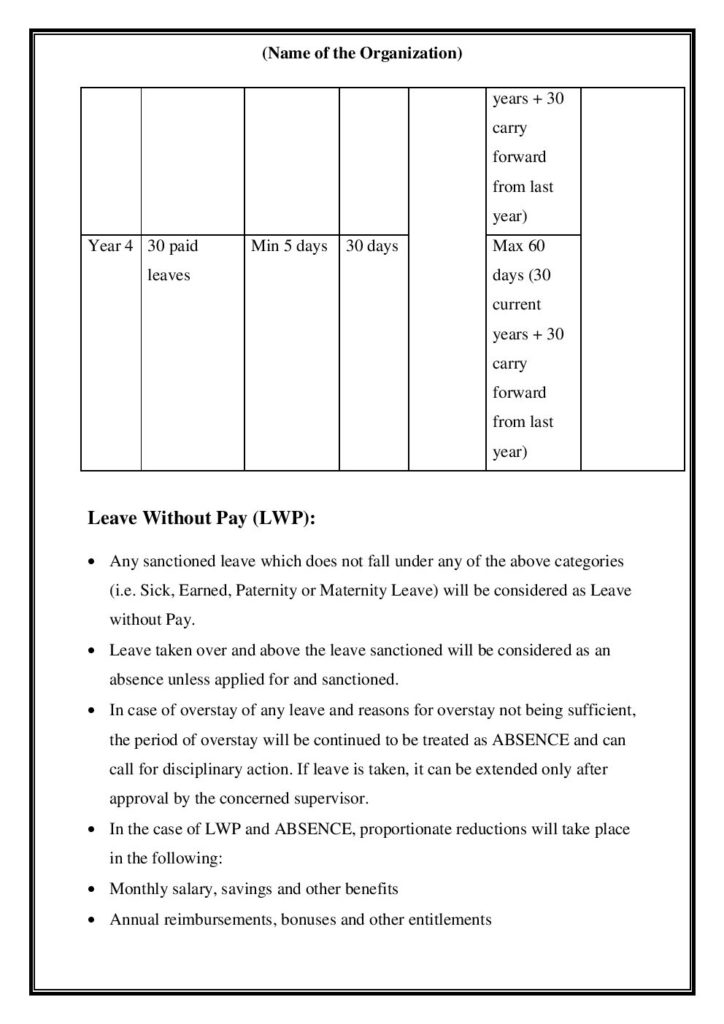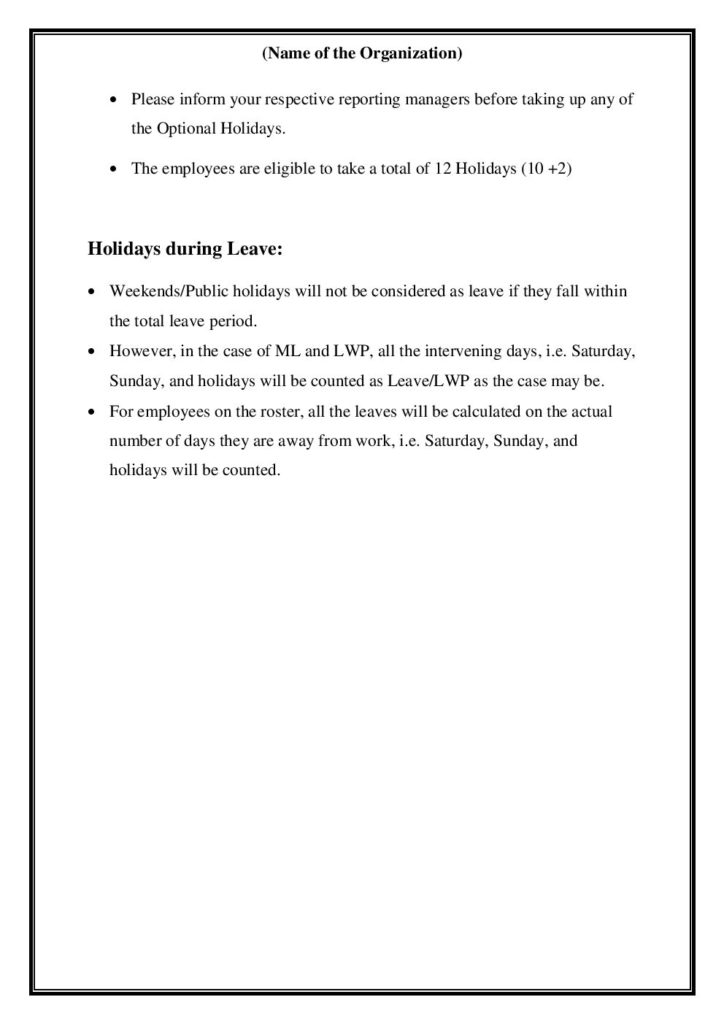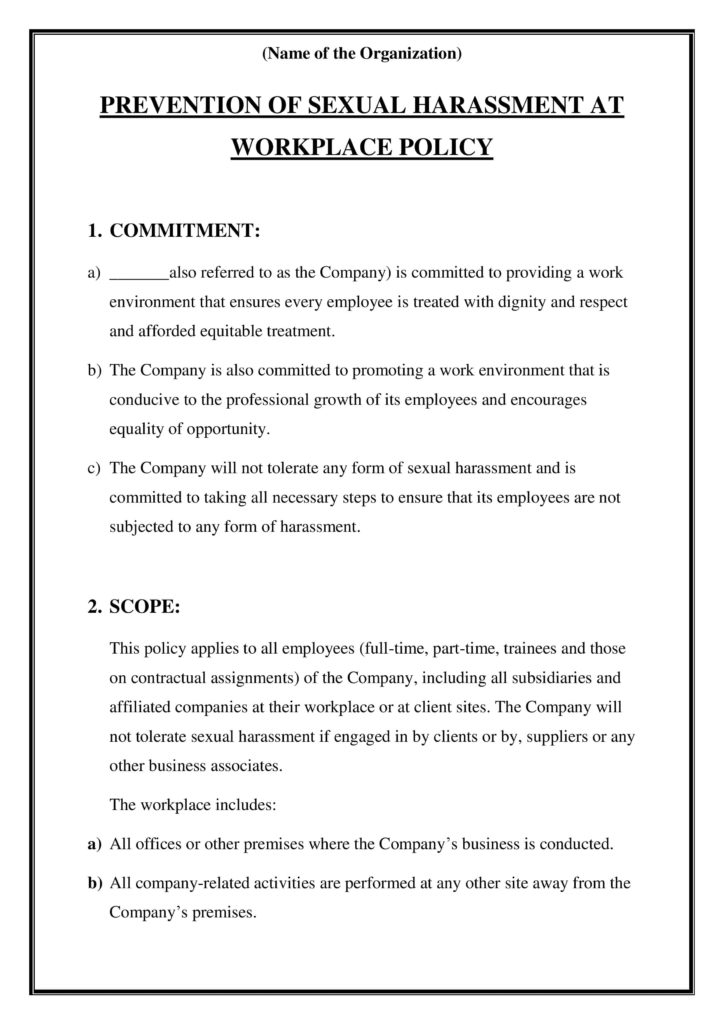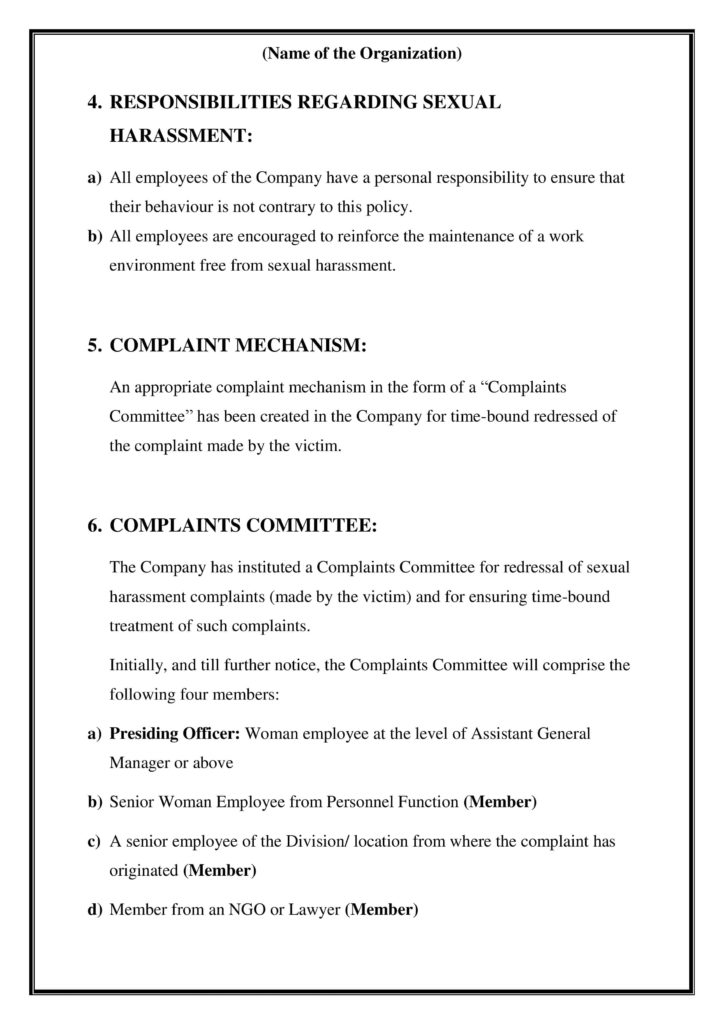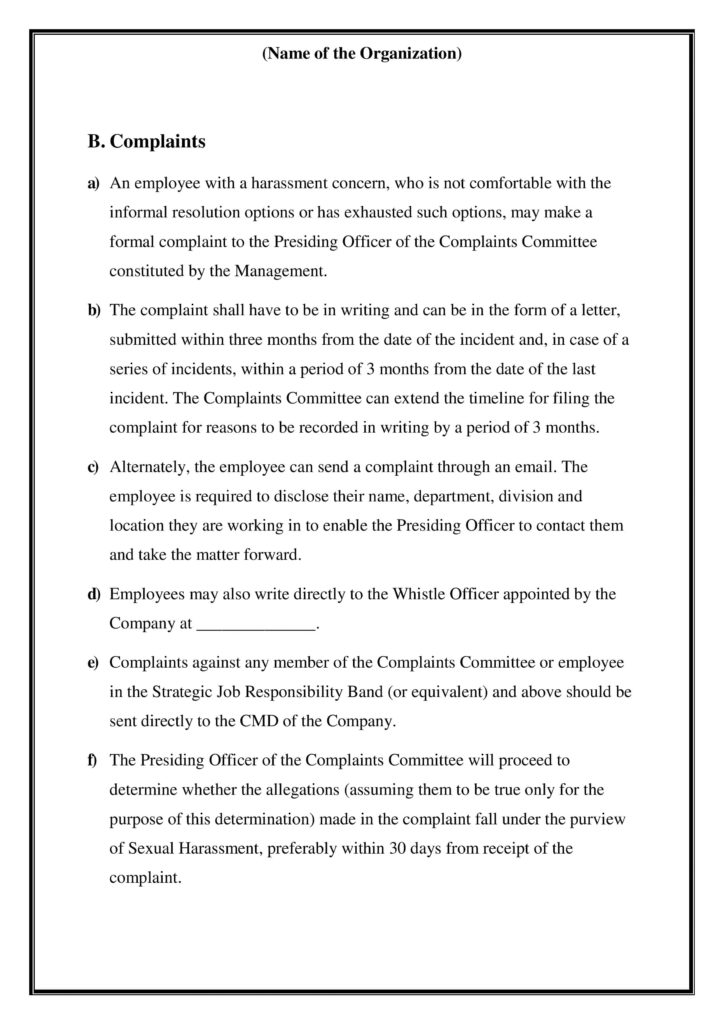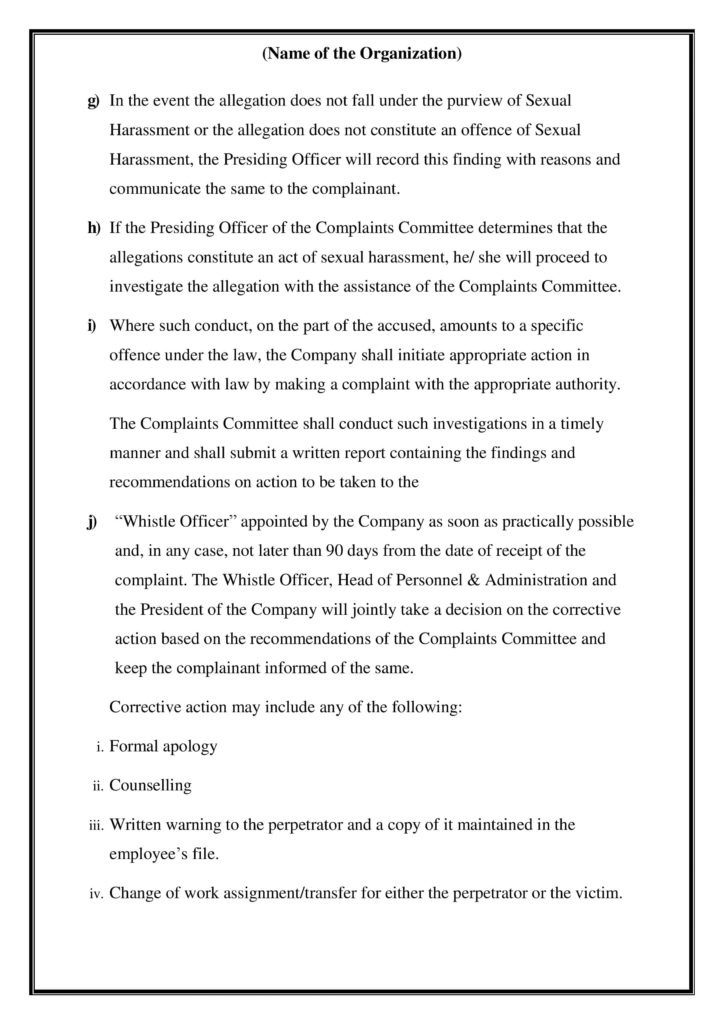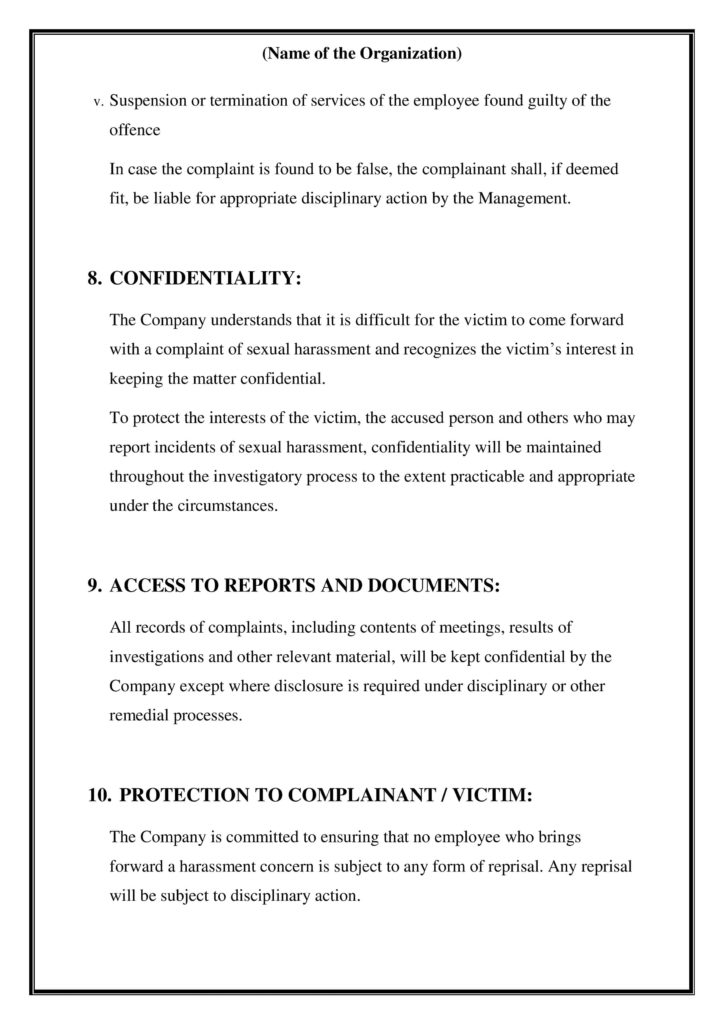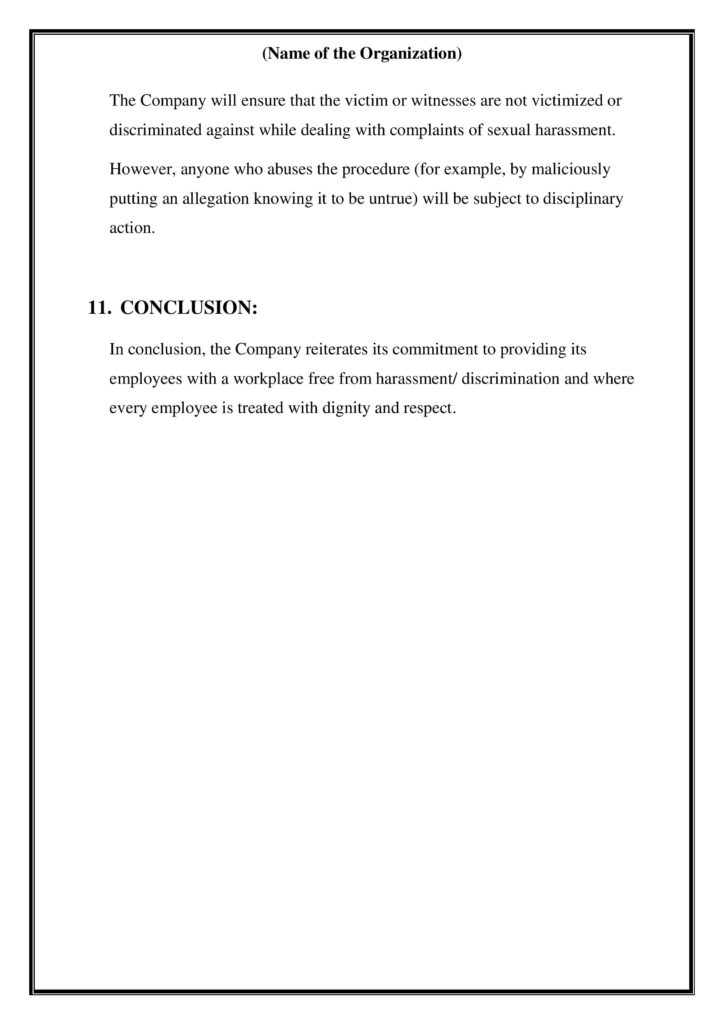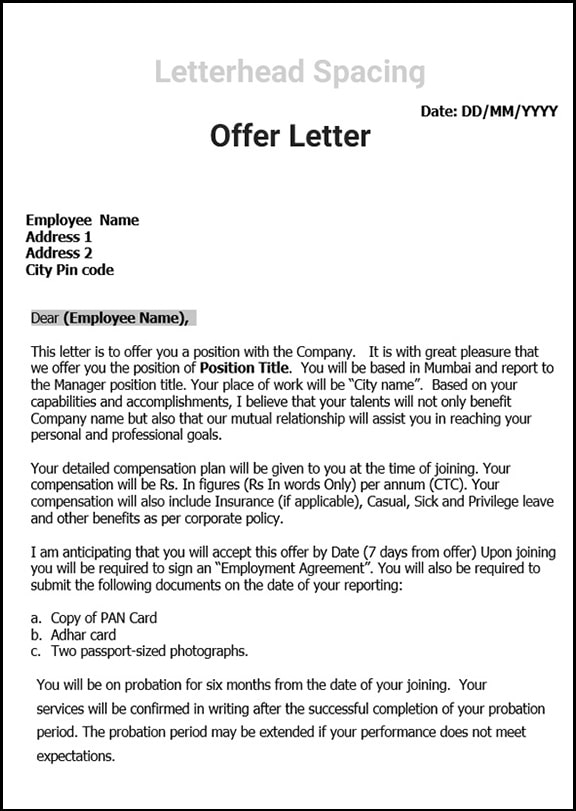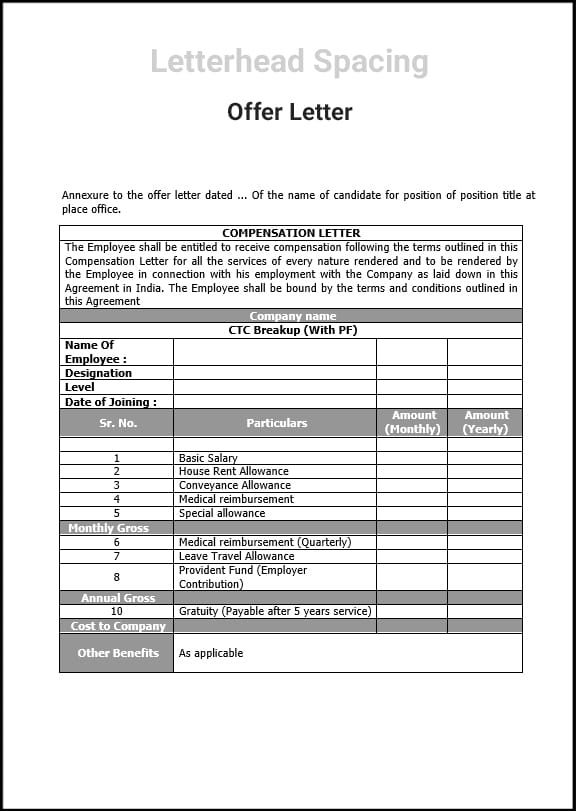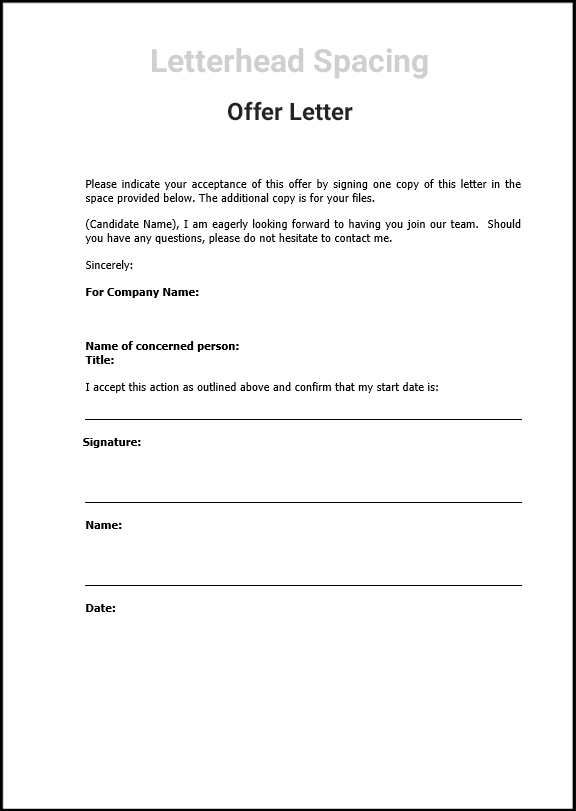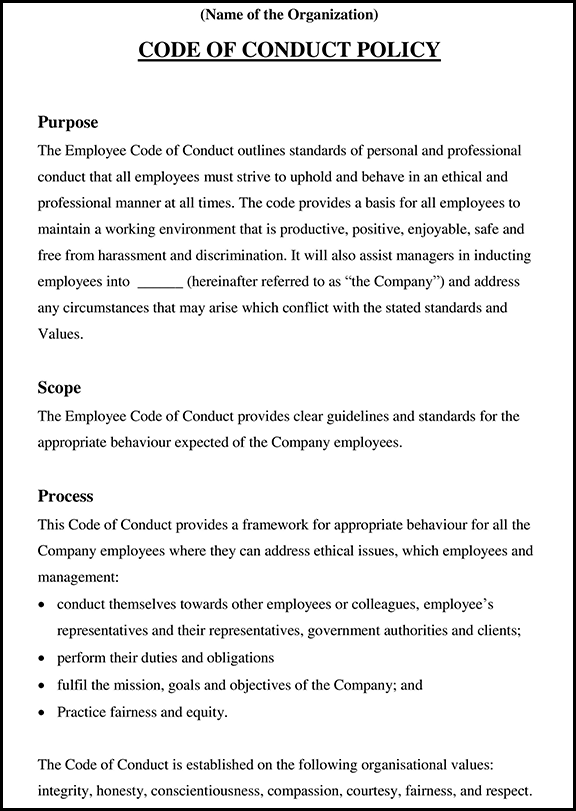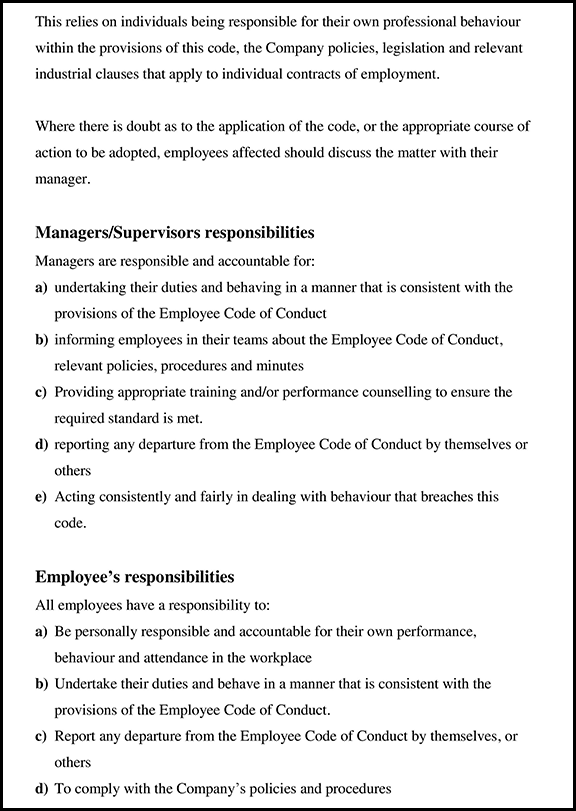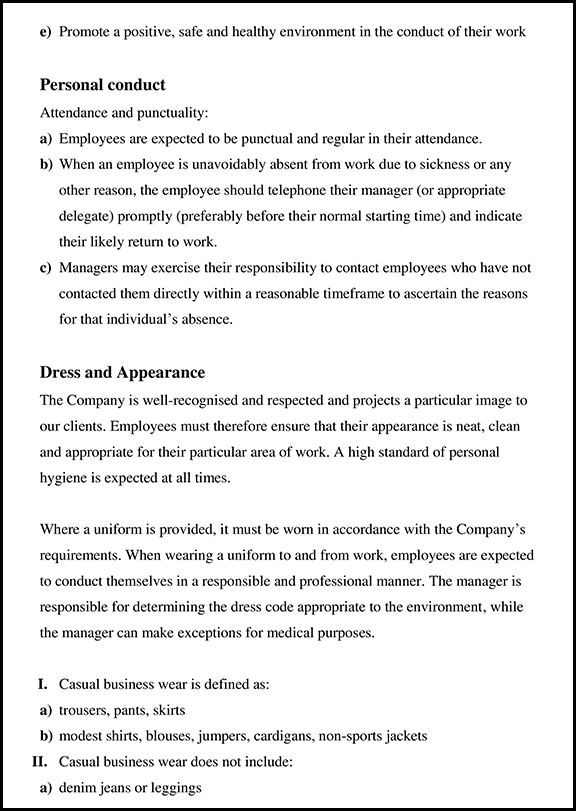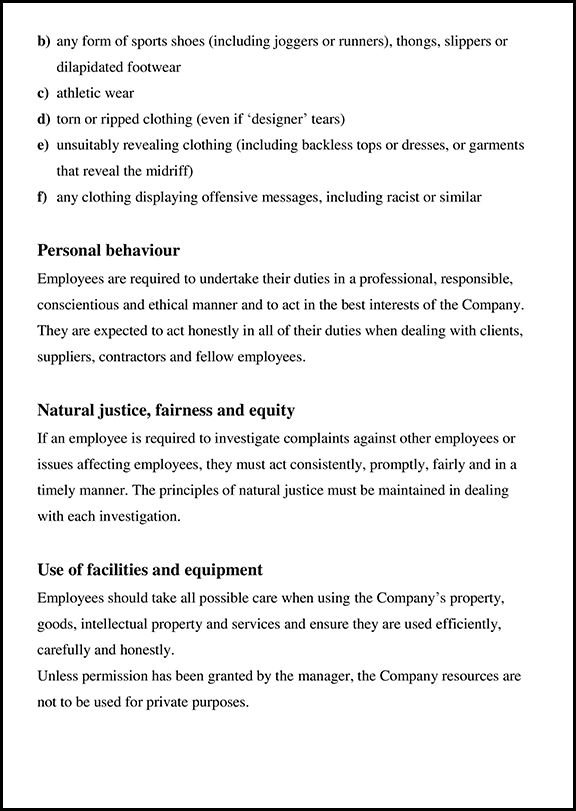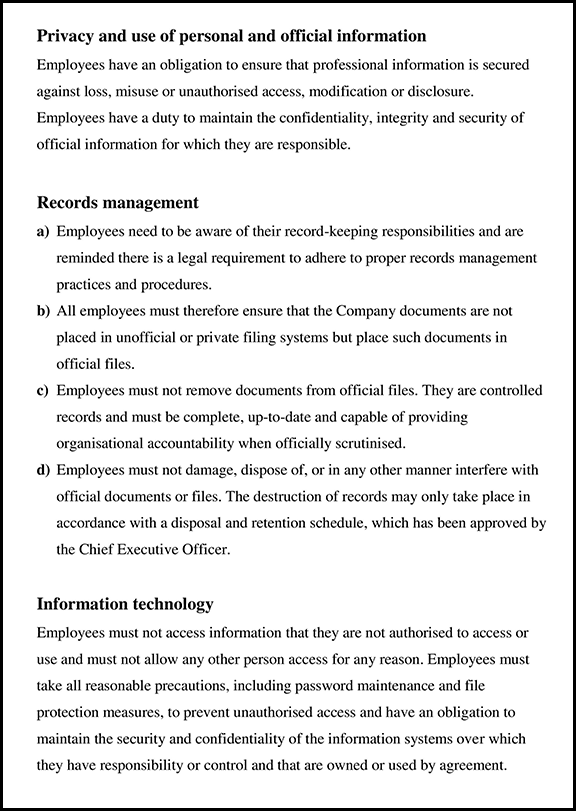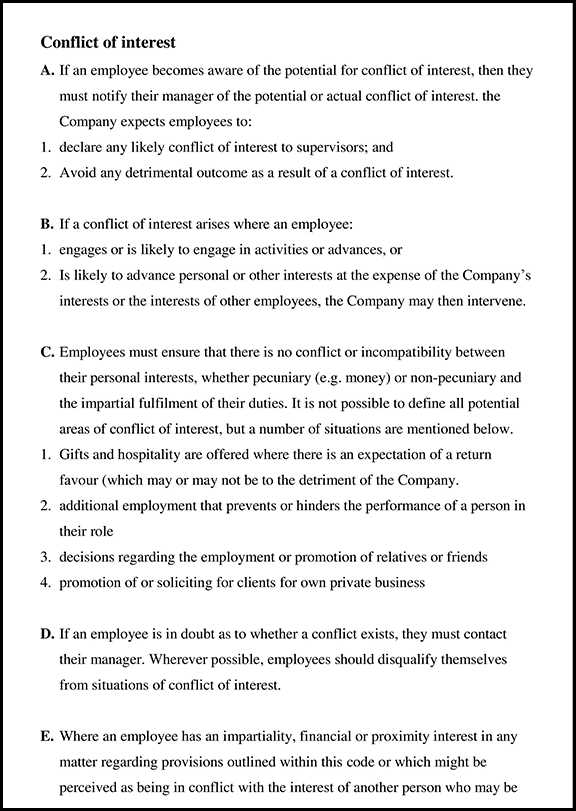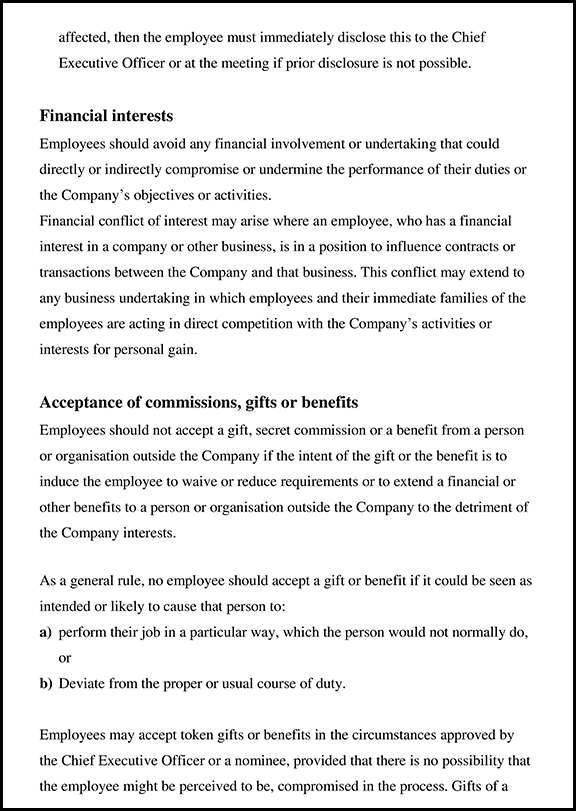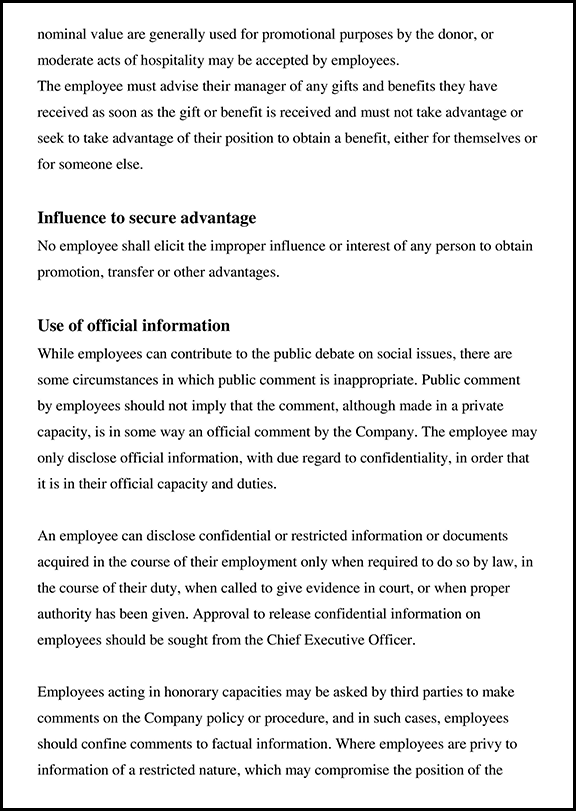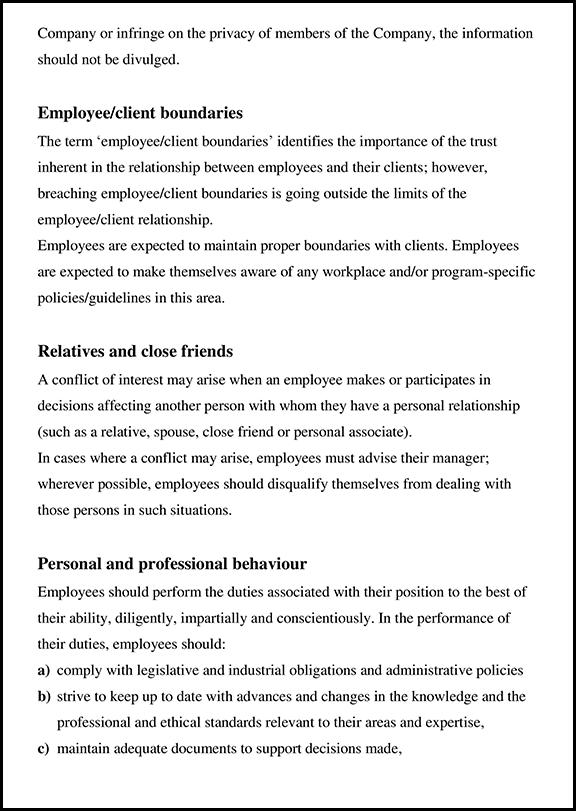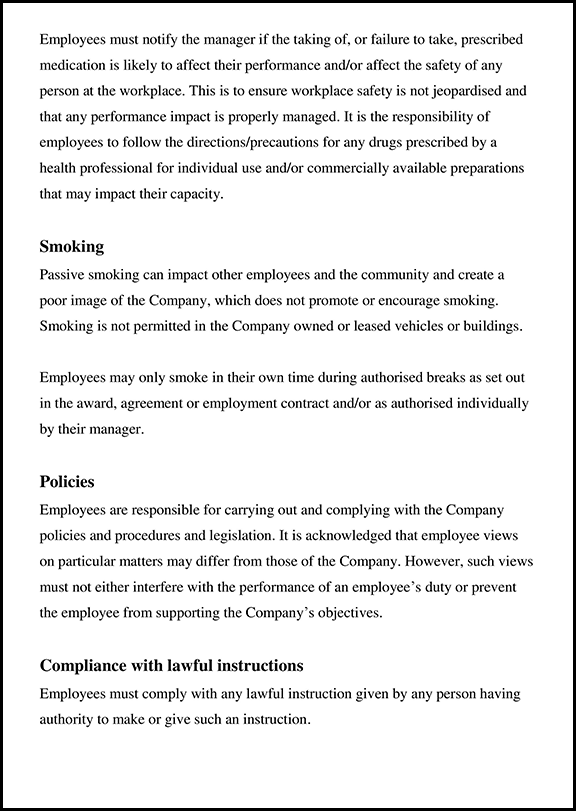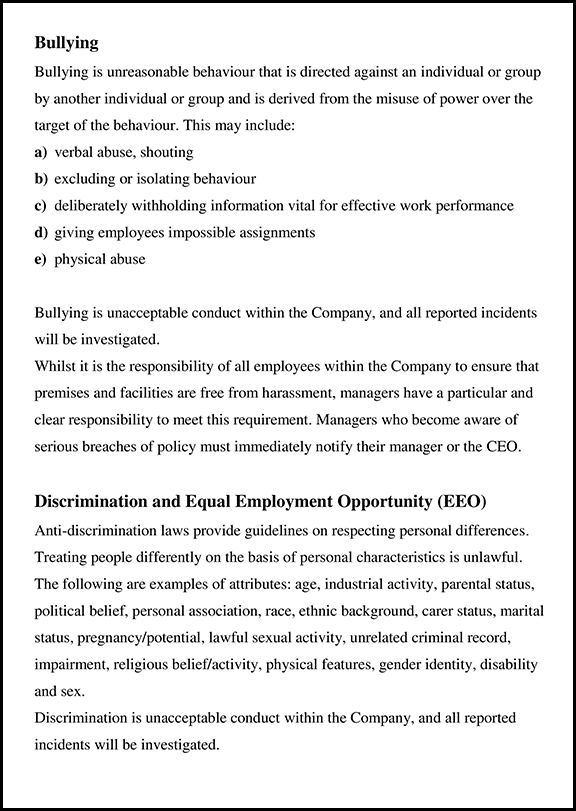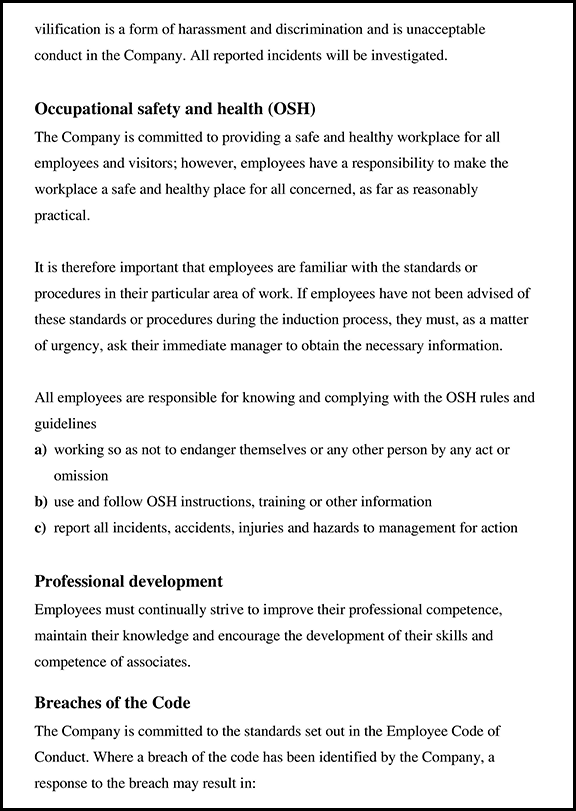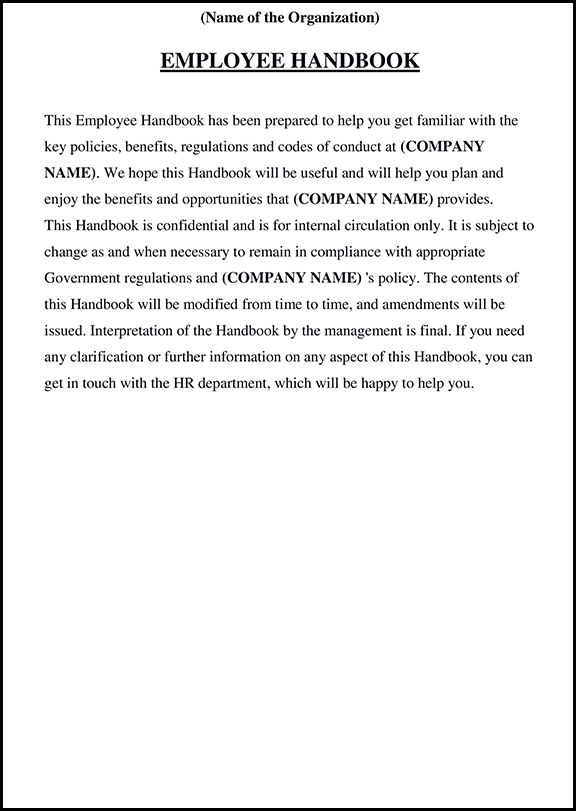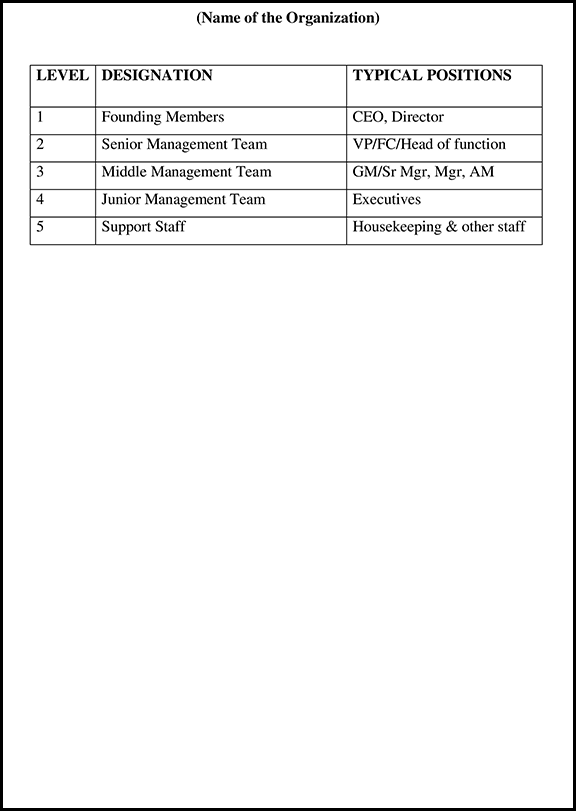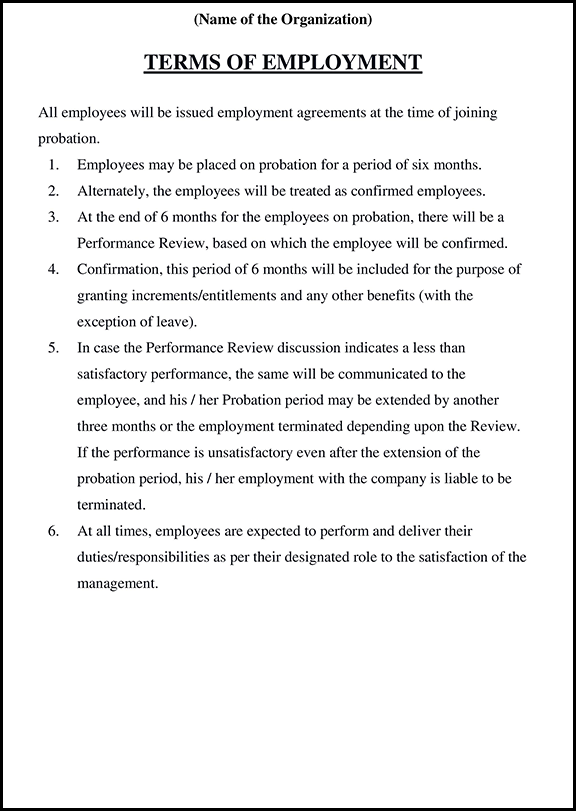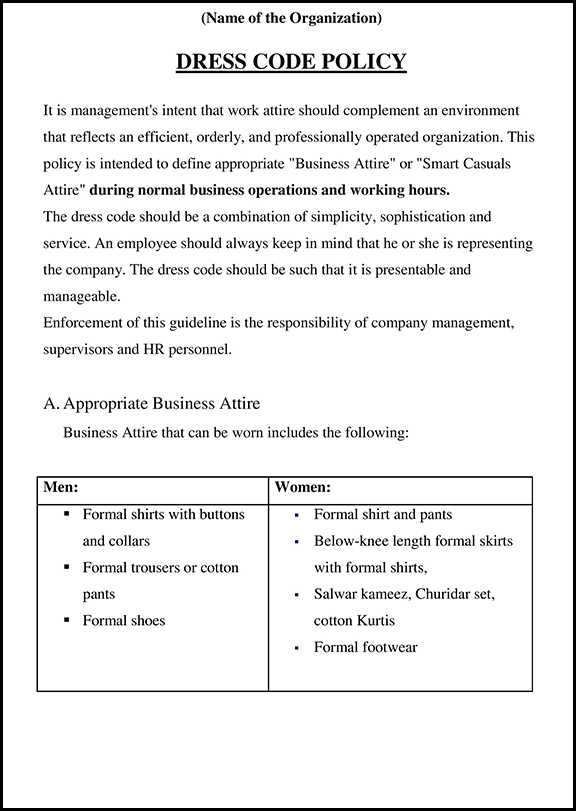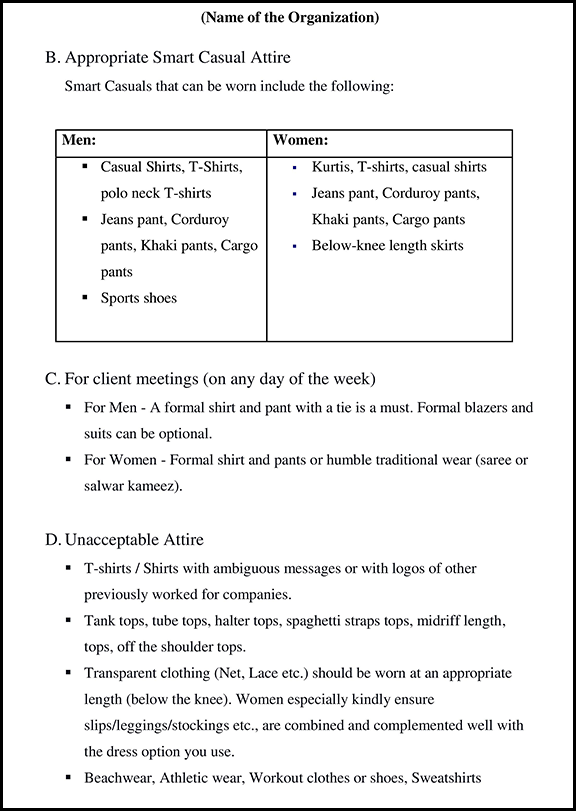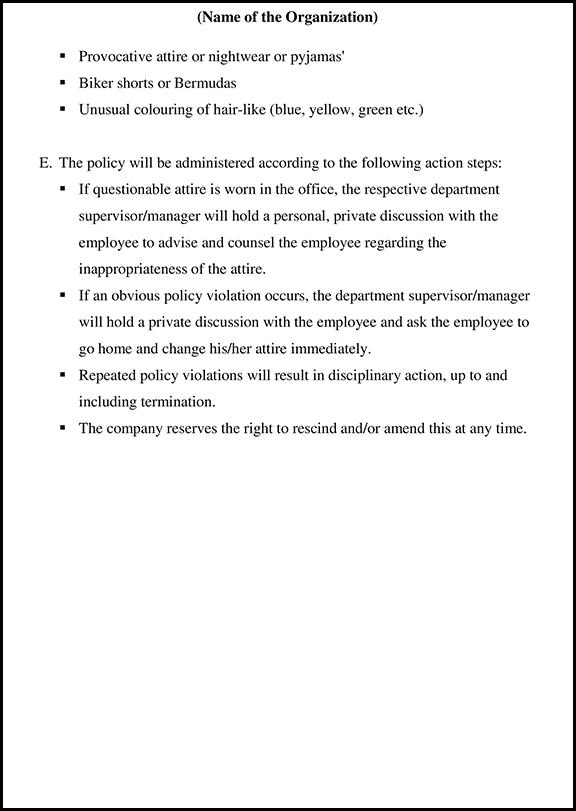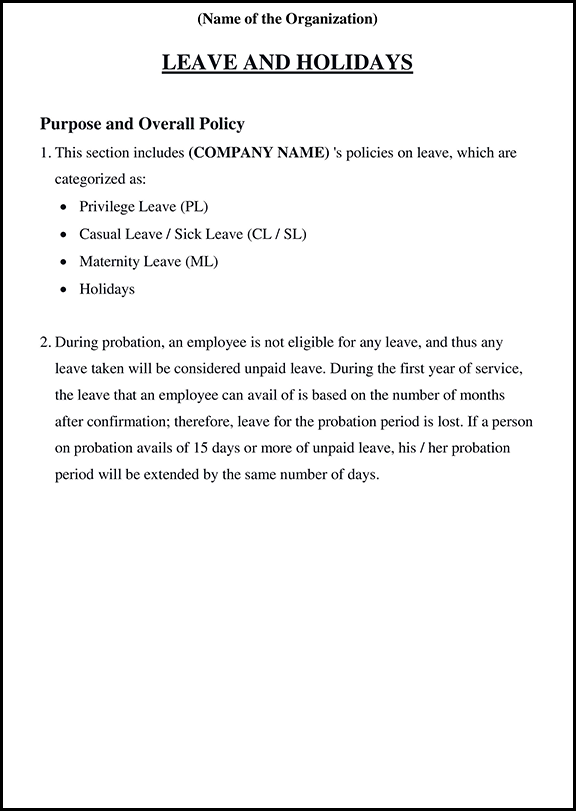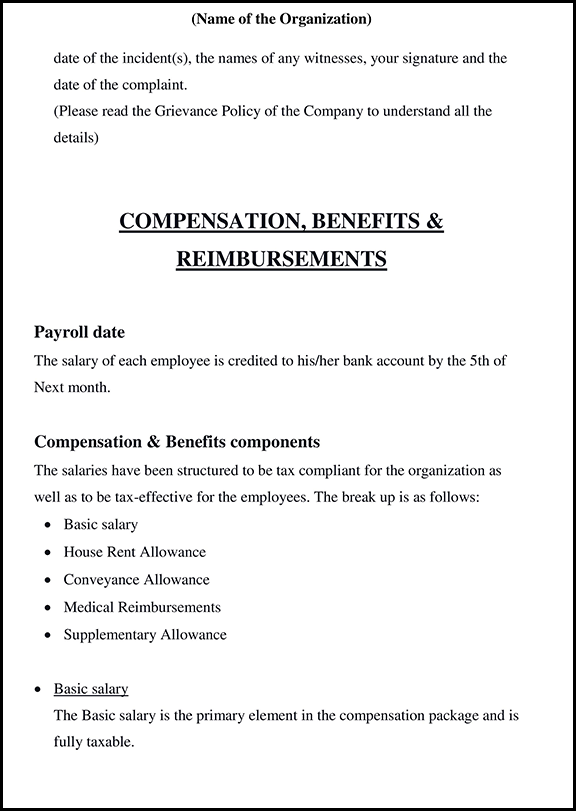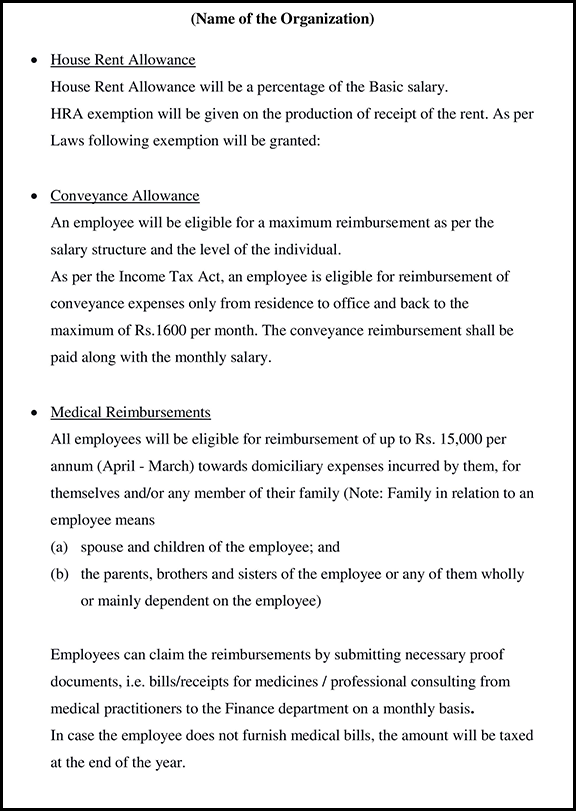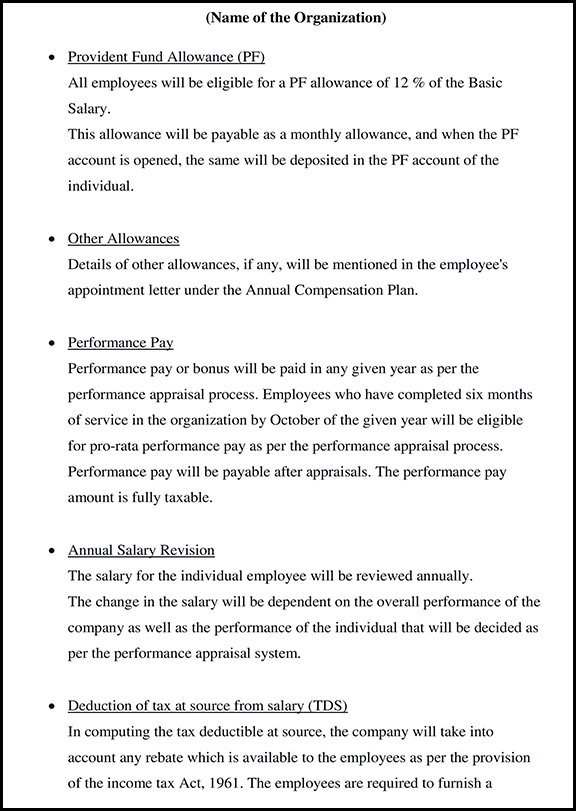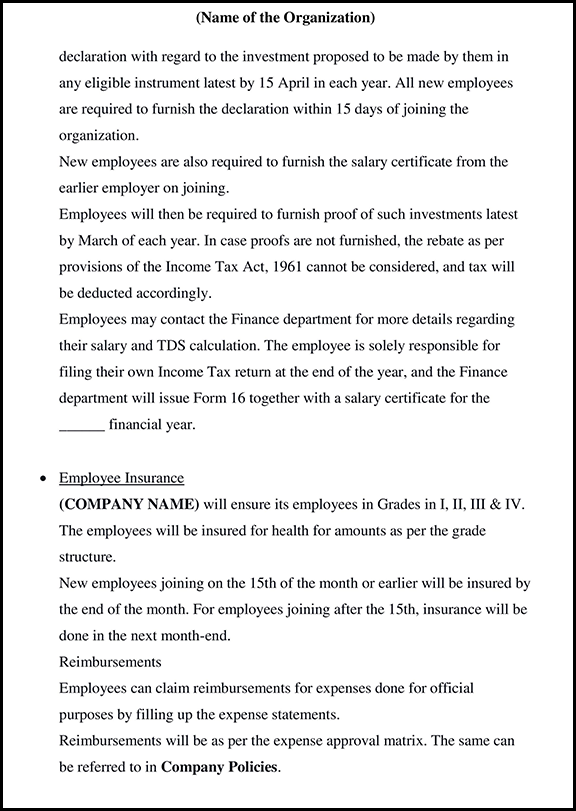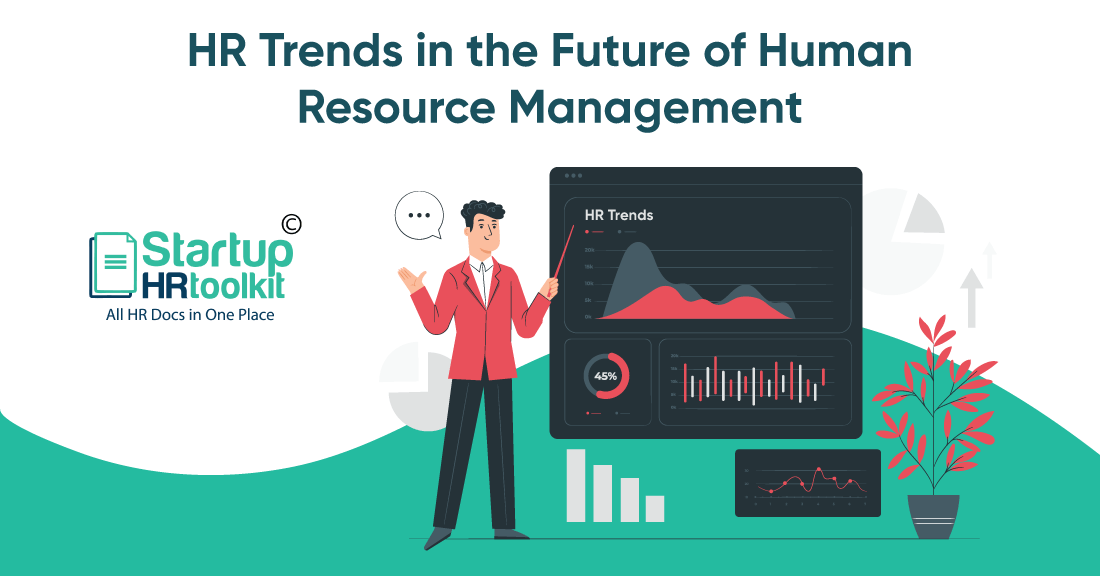
Top 16 HR Trends 2023: New Trends in HR You Need to Know
The year 2021 will go down in history as one of the most difficult years of human life, but as we are taught, where come challenges, there come opportunities. Covid-19 has made a huge impact on the way we live and work. It’s the year 2023, and we are still in the middle of the pandemic, and we have to adapt to the post covid world. In this article, we will explain ongoing new HR Trends 2023
Due to this, many businesses have adopted new ways of communication and getting work done. The most challenging part was faced by the HR professionals as almost every single factor of HRM was drastically changed. Every task was shifted to remotely working; even the interview was done online through various video streaming platforms. Online team performance and the virtual meeting became a part of our work-life, which taught us a new way of working. Though some HR trends have been changed, below, you will get the latest HR trends that have changed the dynamics of Human resource management.
Over the past few years, a lot has changed for the HR industry. The work once done by humans is now done via computers. Employees working at offices are now working from home, owing to a global pandemic. All of this has led to the rise of new HR trends 2023 in the HR industry. Let’s take a look at some of them in detail-
Top 16 HR Trends to Watch in 2023
1. Remote Working is New HR Trends 2023
2. Remote Learning
3. Upskilling
4. Virtual Team Building Activities
5. Digital Collaboration Platform
6. Digital Tracking
7. Virtual Employee Experience
8. Data-Driven HR
9. Virtual Employee Engagement
10. Automation of Tasks
11. Mental Health Support
12. Mobile-Friendly Recruitment
13. VR Breakthrough
14. Productivity
15. Ethical Leadership
16. Getting Back to the Workspace
The HR Trends to Watch in 2023
1. Remote Working is New HR Trends 2023

First on our list is the most drastic trend that developed over 2020. The idea of remote working was not unheard of, but most companies lacked policies and infrastructure to make this possible. As the pandemic struck, companies had to adapt to the Working from home trends almost overnight.
Today, 98 percent of people prefer to work remotely for the rest of their careers according to a report by World Economic Forum.
Yes, the rush to give employees access to all the tools they’d need to work from home was a bit, well, sudden for many employers. But after everyone settled in, what quickly became apparent to many office-based teams is that employees could be productive and focused when not in the office—in many cases, even more so. Employers everywhere began to understand that remote work really works.
Remote working is here to stay, even after the pandemic subsides. We’re not saying that all companies will go virtual, but WFH will certainly become an important trend in HRM. Companies like Twitter, Microsoft, and Square have already embraced the WFH trend, with some proposing a “hybrid” working model.
2. Remote Learning
As employees work at home, the business model changes. Employees need to learn and develop, so they can work with new technologies. Learning has been an important aspect of the workforce, even in pre-pandemic times.
The present times are witnessing an upward trend in “e-learning” or “remote learning”. This is where employees use virtual classrooms, video lectures, and virtual exams to learn new skills. These virtual platforms offer fun, interactive lessons on a wide variety of topics. Remote learning has opened a whole lot of opportunities for the employees to work, along with its focus on their weak areas and learn how to correct them by investing their much provided time while working remotely.
3. Upskilling
A recent survey by Udemy shows that demand for upskilling grew by over 38 percent in the past year! That’s a huge number, and it goes to show the demand for upskilling. We’re in an age of technological boom, wherein the demand for trained professionals far outstrips the supply.
Sure, organizations could hire experts, but that is an expensive process. A more viable option is to retrain your existing workforce. Upskilling your employees give a boost to their morale, thus helping you with employee retention. It also saves the cost of onboarding and hiring. Overall, upskilling is a new trend in HR that has huge potential.
4. Virtual Team Building Activities

As more people adapt to the WFH trend, the employee experience undergoes a significant change. Think about the pre-pandemic times. You went to your office and met your colleagues. There were round table meetings, your seniors were around to guide you. Your office cafeteria offered some healthy meals.
All these experiences bring change in the WFH trend. HR will have to redesign an employee’s journey. An employee’s connections, collaborations, and work-life balance have to be taken into account. For instance, virtual video conferencing helps employees to feel like a part of a team, rather than working alone.
5. Digital Collaboration Platform
As work turned remote, most organizations turned to video conferencing software. MS Office, Teams, Zoom, Google Meet, and Google Workspace are some of the many platforms that saw widespread popularity.
These platforms were a crucial starting point in the WFH trend. But as the recent trend of digital collaboration continues to grow, companies will have to innovate. The focus is now towards improving an employee’s experience on a digital collaboration platform so that it mirrors the human-to-human interaction in offices. Most organizations have already turned towards cloud (SaaS) solutions to solve this problem.
6. Digital Tracking
HR is faced with the huge task of tracking employees digitally. Traditionally, an employee would come to their office, scan their ID card, and get attendance. The employee would then proceed to log in to their computer, and IT could monitor their activities and timings.
In the WFH trend, tracking undergoes a 360° shift. Companies now have to depend upon online tools. Virtual timesheets, virtual attendance, and virtual performance management are trending areas in HRM today.
7. Virtual Employee Experience
The remote working trend has a domino effect, wherein several other traditional HR activities have been toppled over.
Activities like hiring or firing an employee, onboarding, and training have relied upon in-person conversations. HR is faced with the challenge of doing all these activities virtually. The recent HR trends 2023 in HRM have been focused on structuring an employee’s virtual experience. For eg- some organizations have started “virtual fun meetings”, where employees collaborate and share their creative ideas.
8. Data-Driven HR

The world is moving towards data-driven strategies. If you haven’t already, it’s time to adopt data analytics in your business decision-making.
HR executives today use the data generated to access the gaps in their workforce and skills. Also, smart data analysis helps organizations to estimate future demand, and plan for it. Smart technologies like automation and AI help HR with their screening and recruitment processes too.
9. Virtual Employee Engagement
The physical distance in working from home can quickly turn into isolation. As employees sit in front of their desks, they need to remember that they are a part of a team. The recent trend in HR pf virtual employee engagement aims to do just that.
Companies are strategically developing fun activities to keep employees engaged. Virtual board games, virtual karaoke, virtual treasure hunts, etc are some examples where employees from different teams work together. This helps employees feel comfortable, collaborate better, and enhance their work quality.
10. Automation of Tasks
An average HR department in a company spends up to 40 percent of their time on repetitive and tedious HR tasks. Automation does this burdensome work manually, so your HR staff could focus on important decision-making.
Several tasks can be automate, like:
1. Onboarding- Everything from resume collection, screening, and online tests can be automated.
2. Approving/ rejecting leave requests.
3. Handling accounting, payroll, and expense claims.
4. Employee timesheet and productivity management.
…and many more.
11. Mental Health Support
The Covid pandemic has hit us all differently. However, studies show that the mental health of employees has declined over the past year. We’ve now reached a point where companies need to look for mandatory mental health support, rather than it being a nice “add-on”.
According to a recent report by StartupHR Toolkit, women are still grossly underrepresented in India. The gender gap between working men and women is still very high.
As organizations evolve, HR departments are trying to gather employee feedback. Recent HRM trends encourage employees to voice their woes and offer help, support, and resources
12. Mobile-Friendly Recruitment
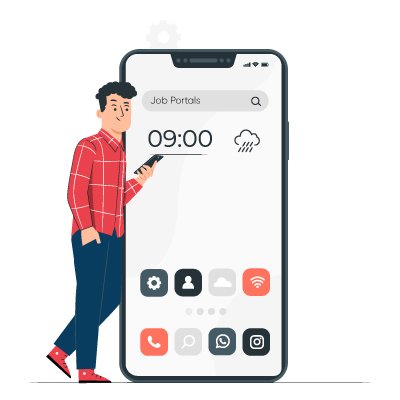
Technology has changed. Companies and HR who are constantly looking for the top talent, have to switch towards a mobile-friendly recruitment process. Essentially, HRM has to build a process where someone with a smartphone could apply and appear for a job interview.
Mobile-friendly recruitment improves an employee’s experience and reduces hassles. It’s also a cheaper and more streamlined process for your company. Video interviews through phones, skill tests, and digital reference checks are some new trends in HRM.
13. VR Breakthrough
Augmented Reality (AR) and Virtual Reality (VR) are two technologies that are changing the game today. Gaining popularity from games like “Pokemon Go”, VR can now be used in HRM.
The possibilities for VR applications in Hr are endless. They are being used to simulate real-world scenarios, where employees can be trained. They are used to gain insights into different situations. VR is also used to give new employees a “virtual tour ” of the office. Additionally, some companies use it for remote learning.
14. Productivity
Productivity is a major goal of any HR department. The idea is to get work done, in as little time as possible. With the remote working model, the traditional idea of “productivity” has changed drastically.
First up, automation has entered the market, which helps companies to measure employee productivity automatically. Second, the advent of the Cloud helps HR to monitor the productivity of remote employees, and share documents within minutes. And lastly, remote working has led to flexible timings, which often serve to boost employee productivity.
15. Ethical Leadership
Any business thrives on not just the leaders, but with the help of every employee. The year 2020 has helped companies to focus back on their leadership.
Organizations that encourage open communication and foster a culture of trust, usually have a higher success rate. Ethical leadership is not always simple, particularly when jobs are at stake in the middle of a pandemic. However, this is one emerging trends in HRM, that will continue to strengthen over the next few years.
16. Getting Back to the Workspace
We have seen quite a few WFH is new HR trends 2023 emerging today. And as we said, WFH is here to stay, but it cannot altogether replace the traditional working environment.
HR will have to decide when it is safe for employees to come back to offices, once local restrictions are lifted. Even then, HRM needs to have a system in place where employees can socially distance themselves, wear masks, and get tested. An employee’s health, well-being, and morale will be crucial factors to consider in the process. The only viable solution is to promote 2-way communication within a company, so HR can safely welcome back employees at the right time.
Conclusion
These were our top 16 recent HR Trends 2023, which will continue to rise over the next few years. The last year has changed the world in several ways. We hope that these trends will help you adapt to the changing time. The work from home trends have been widely adopted and will continue to redefine business designs in the future.
Join a Community of 1,00,000+ HR Professionals












